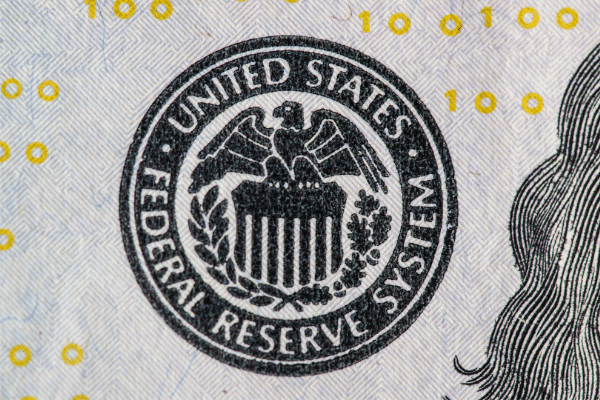
-
U.S. Federal Reserve is starting to lose grip over the policy rate and the ability to set short-term interest rates
-
Threat of policy rate slipping because of massive amounts of liquidity in the financial system means that at some point the Fed will need to consider either increasing rates or cutting purchases, which will be bad for markets accustomed to stimulus
The policy rate is a short term reference rate set by a central bank, think of it as the soldier that stands in the corner of a parade square, everyone else takes reference from that soldier to form up a marching contingent – the policy rate then is exactly like that.
But more than that, the policy rate also signals a central bank’s monetary stance, a low rate is considered “dovish” and a higher rate is “hawkish,” low rates encourage borrowing, which is generally good for markets, and higher rates indicate tightening monetary policy.
And now that you’re acquainted with the meaning of policy rates, here’s why you should care – the U.S. Federal Reserve is starting to lose control of its policy rate.
With a flood of cash sloshing through the U.S. financial system, the Fed is finding it increasingly challenging to maintain its once tight control of its policy rate.
Short-term interest rates have plummeted to historic lows since the start of this year as financial institutions flush with cash compete to lend it out in ultra-low risk vehicles such as U.S. Treasuries, maturing in the near future, so-called repurchase agreements.
Part of the surge in liquidity is of course due to the Fed’s US$120 billion monthly asset purchase program, where it hoovers up mortgage-backed securities as well as U.S. government debt, the other is a marked shift from safe bank deposits to more risky, but higher yielding money market funds.
The U.S. Treasury has also pulled back on its issuance of short-term U.S. Treasury Bills which mature in one year or less, reducing the supply of a key security used for storing cash that yields more than a bank deposit.
The Fed has already raised the amount of cash that financial institutions can park with the central bank from US$30 billion to US$80 billion, in order to drain excess liquidity from the financial system and slow the downward drift in short-term rates.
In addition, the Fed could also increase the interest paid to banks on reserves held with the Fed, or increasing the rate the Fed pays in its reverse repo program, both of which could suck some more excess liquidity in the financial system, but when these moves are made, the number of options left behind starts to dramatically decrease.
Demand for safe places to stuff cash has increased so much that the federal funds rate now hovers at 0.06%, well to the lower end of the Fed’s target range of 0.0% to 0.25% and some analysts are suggesting that a sustained tick lower to 0.05% could prompt action from the Fed to either ease back asset purchases or possibly even raise rates ahead of schedule.
Either move will not bode well for markets which have been punch drunk on liquidity and gorging on risk.



